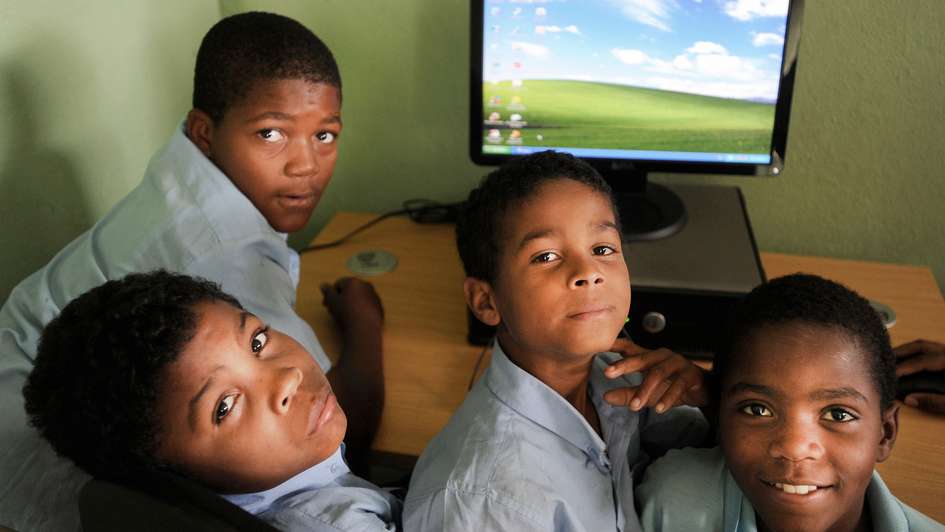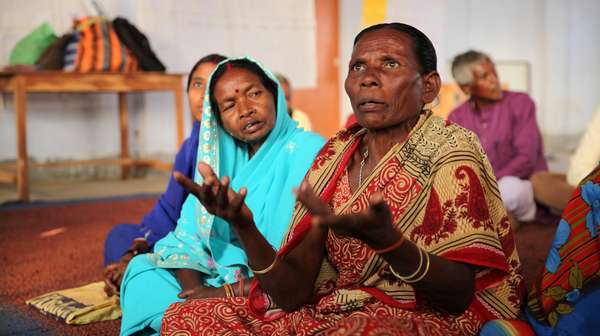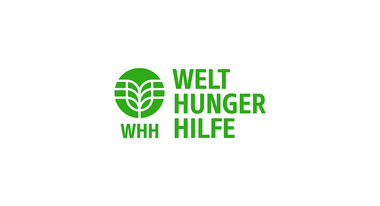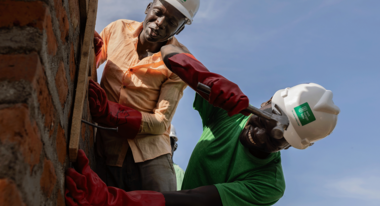How unequal power relations lead to inequality in nutrition.
Agriculture ministers want to regulate digitalisation
Can digitalisation help overcome global hunger? Agriculture ministers from over 70 countries believe this development offers great opportunities, but have also expressed concerns. In the closing communiqué of the Global Forum for Food and Agriculture (GFFA) from January 2019 they strongly back regulation of digitalisation in agriculture.

In parallel with International Green Week, 74 agriculture ministers from around the world met to consult about digitalisation in agriculture. The GFFA started with great euphoria about digital solutions: Farmers would produce more worldwide, their incomes would increase, and they could overcome hunger. Ultimately, it would benefit small farmers, who produce the majority of food around the world, but who nonetheless often go hungry themselves. However, the question arose of how they can participate in this development, and how it benefits them.
The Digital Divide Must Be Overcome
They must overcome many access barriers: Half of the people in the world are not on the Internet, and access is particularly poor in African countries. Networks are relatively badly developed in rural areas, the power supply often fails, and technology is expensive. The ministers picked up on these issues with surprising clarity and resolved to change the situation. They recognised the digital divide in rural areas and for small farmers, women and young people, and they want to reduce the resulting inequality. In Welthungerhilfe's view, it is an achievement that they have explicitly recognised this inequality and set out measures to overcome it.
Digital applications are to be developed jointly with farmers, to ensure that they really make their work easier. The ministers want to extend digital infrastructure in rural areas, to support small companies, and to protect data security. They would like to carry out technology impact studies and to regulate digitalisation under the umbrella of the United Nations Food and Agriculture Organisation, strengthening multilateralism. Welthungerhilfe welcomes the fact that the agriculture ministers have recognised many of the concerns of civil society and developed far-reaching solutions.
“You Can't Eat the Internet”
However, what is lacking is a recognition of the human right to food, which almost all governments have signed up to. Unequal access to land, water, capital, health services and education within a country slows down progress in the fight against undernutrition. Digital and technical solutions offer no answers to these structural problems. Or as a banner at a counter-demo succinctly put it: “You can't eat the Internet”.
This article was first published on 29th January in the Weser Kurier.







